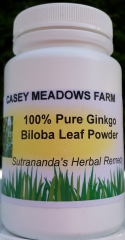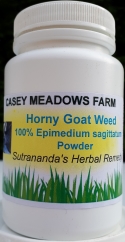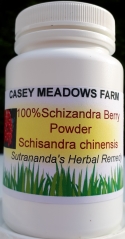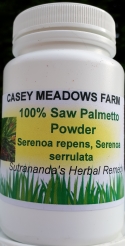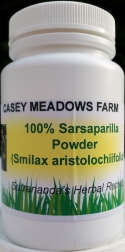Libido
Libido or sex drive is a person's overall sexual drive or desire for sexual activity. Libido is influenced by biological, psychological, and social factors. Biologically, the sex hormones and associated neurotransmitters that act upon the nucleus accumbens (primarily testosterone and dopamine, respectively) regulate libido in humans. Social factors, such as work and family, and internal psychological factors, such as personality and stress, can affect libido. Libido can also be affected by medical conditions, medications, lifestyle and relationship issues, and age (e.g., puberty). A person who has extremely frequent or a suddenly increased sex drive may be experiencing hypersexuality, while the opposite condition is hyposexuality.

|
A person may have a desire for sex, but not have the opportunity to act on that desire, or may on personal, moral or religious reasons refrain from acting on the urge. Psychologically, a person's urge can be repressed or sublimated. Conversely, a person can engage in sexual activity without an actual desire for it. Multiple factors affect human sex drive, including stress, illness, pregnancy, and others. A 2001 review found that, on average, men have a higher desire for sex than women. . Sexual desires are often an important factor in the formation and maintenance of intimate relationships in humans. A lack or loss of sexual desire can adversely affect relationships. Changes in the sexual desires of any partner in a sexual relationship, if sustained and unresolved, may cause problems in the relationship. The infidelity of a partner may be an indication that a partner's changing sexual desires can no longer be satisfied within the current relationship. Problems can arise from disparity of sexual desires between partners, or poor communication between partners of sexual needs and preferences. Factors that affect libidoEndogenous compoundsLibido is governed primarily by activity in the mesolimbic dopamine pathway (ventral tegmental area and nucleus accumbens). Consequently, dopamine and related trace amines (primarily phenethylamine) that modulate dopamine neurotransmission play a critical role in regulating libido. Other neurotransmitters, neuropeptides, and sex hormones that affect sex drive by modulating activity in or acting upon this pathway include:
|
| Herbal remedies that help with libido | |||||||||
|
|||||||||
|
|
|||||||||||||||||||||||||
|
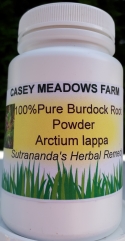
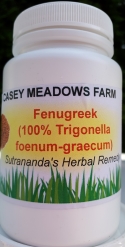
125.jpg)
